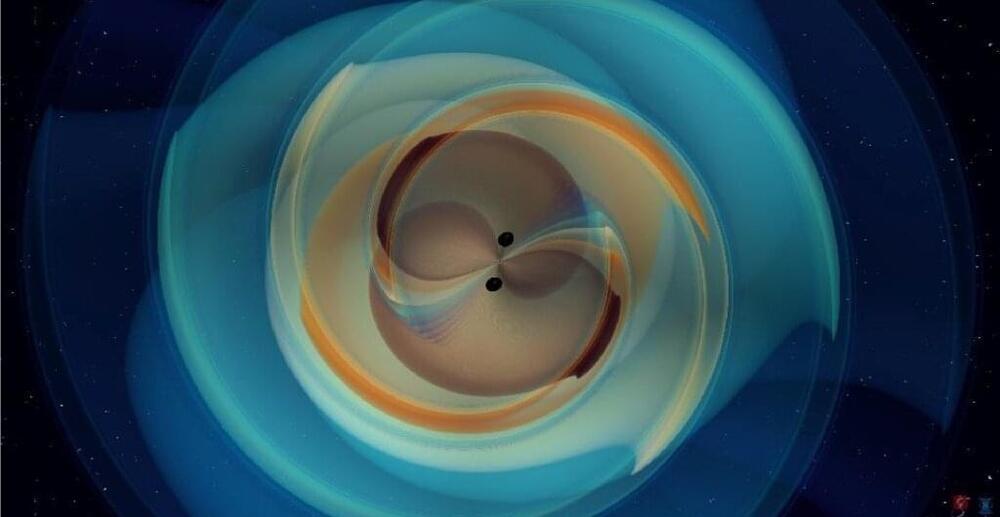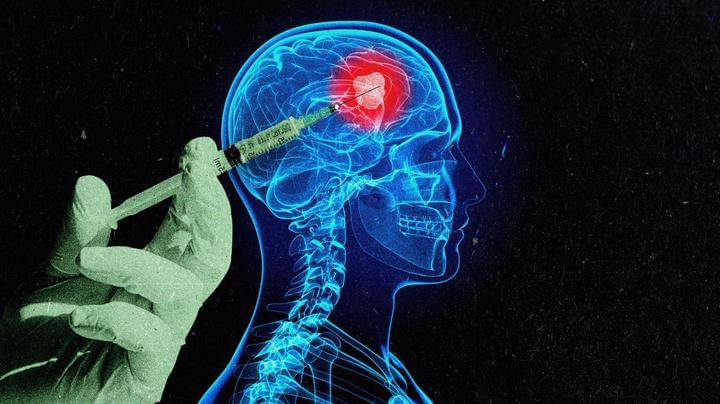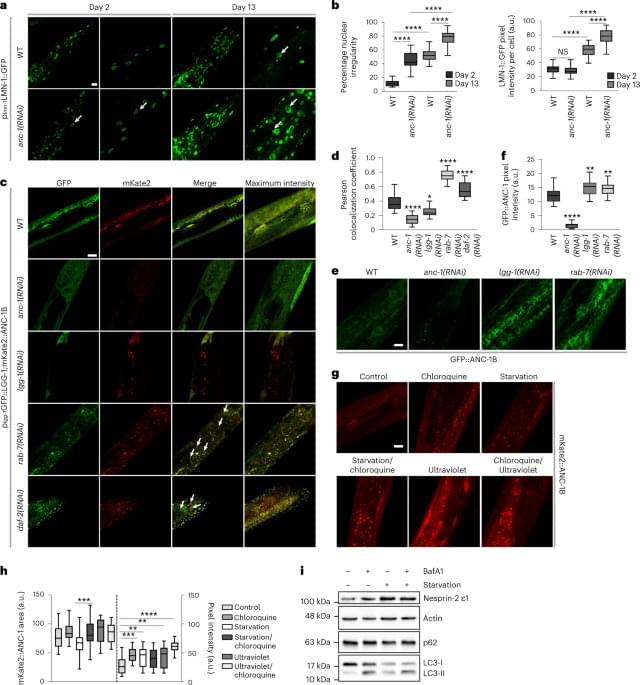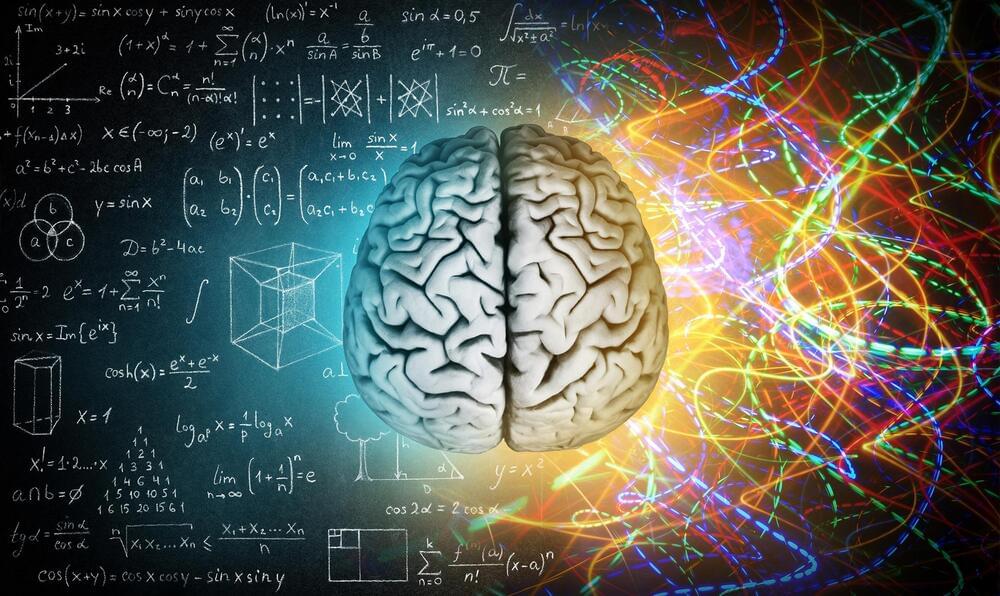The rate of ground-breaking scientific discoveries and technological innovation is slowing down despite an ever-growing amount of knowledge, according to an analysis released Wednesday of millions of research papers and patents.
While previous research has shown downturns in individual disciplines, the study is the first that “emphatically, convincingly documents this decline of disruptiveness across all major fields of science and technology,” lead author Michael Park told AFP.
Park, a doctoral student at the University of Minnesota’s Carlson School of Management, called disruptive discoveries those that “break away from existing ideas” and “push the whole scientific field into new territory.”









